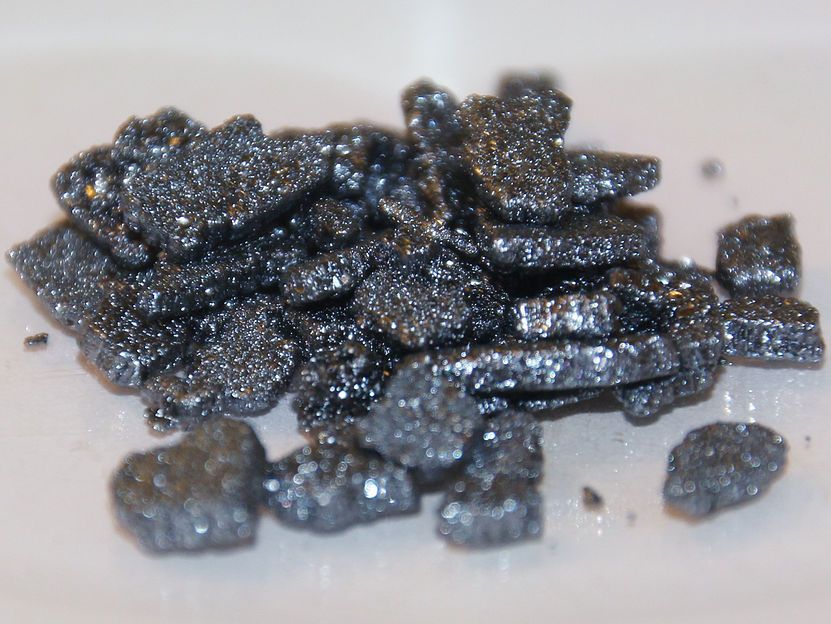Iodine is a chemical element with the symbol I and atomic number 53. It is a non-metal and belongs to the halogen group of elements. Iodine is a dark purple-black solid at room temperature, but it readily sublimes to a violet gas with a pungent odor. Iodine is an important element that plays a crucial role in many biological processes in the human body.

Discovery and History of Iodine Iodine was first discovered in 1811 by French chemist Bernard Courtois. Courtois was attempting to extract potassium nitrate from seaweed ash when he accidentally discovered iodine. He noticed that the ash produced a violet vapor when treated with sulfuric acid, and he eventually isolated iodine from the ash.
In the years that followed, iodine was primarily used for medicinal purposes. It was used to treat various diseases, including goiter and tuberculosis. In the late 19th century, iodine began to be used for the treatment of iodine deficiency, which can cause a variety of health problems.
Biological Importance of Iodine Iodine is an essential element that is important for the proper functioning of the human body. It is necessary for the production of thyroid hormones, which regulate metabolism and growth. Without sufficient iodine, the thyroid gland becomes enlarged, leading to the development of goiter.
Iodine is also important for brain development, particularly during pregnancy and early childhood. Adequate iodine intake during these periods can help to prevent mental retardation and other cognitive problems.
Food Sources of Iodine Iodine is found naturally in a variety of foods, including seaweed, fish, dairy products, and eggs. In many countries, salt is fortified with iodine to help prevent iodine deficiency. Iodine supplements are also available for those who are unable to meet their iodine needs through diet alone.
Uses of Iodine Iodine has a variety of uses in industry and medicine. It is used as a disinfectant and antiseptic, particularly in the form of iodine solution or iodine tincture. It is also used in the production of various chemicals, including pharmaceuticals, dyes, and photographic emulsions.
Iodine is also used in nuclear medicine. Radioactive iodine is used in the diagnosis and treatment of thyroid cancer and hyperthyroidism.
Precautions and Risks While iodine is important for the proper functioning of the human body, excessive iodine intake can be harmful. High levels of iodine can cause thyroid dysfunction, particularly in individuals with pre-existing thyroid conditions.
Iodine can also be toxic if ingested in large quantities. Symptoms of iodine toxicity include nausea, vomiting, diarrhea, and stomach pain. Severe iodine toxicity can lead to coma or death.
Conclusion Iodine is an essential element that plays a crucial role in many biological processes in the human body. It is important for the production of thyroid hormones and for brain development, particularly during pregnancy and early childhood. While iodine is generally considered safe, excessive iodine intake can be harmful. Adequate iodine intake can be achieved through a balanced diet that includes iodine-rich foods or through iodine supplementation.
